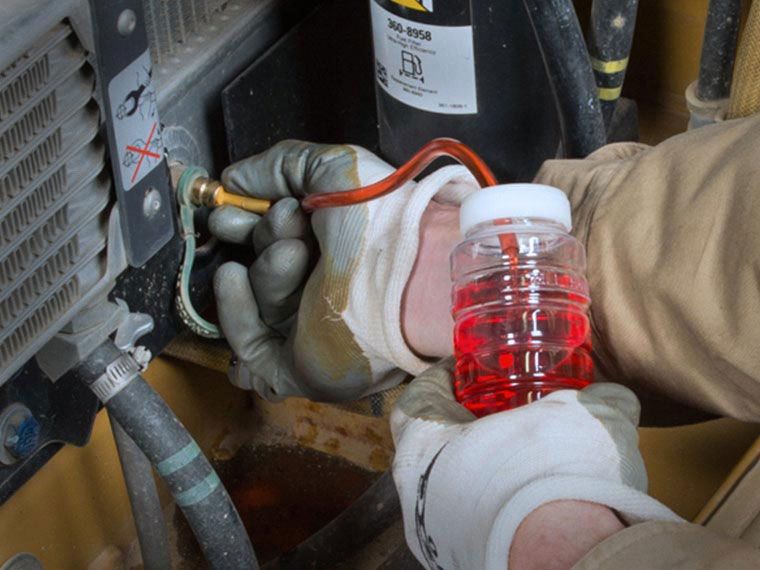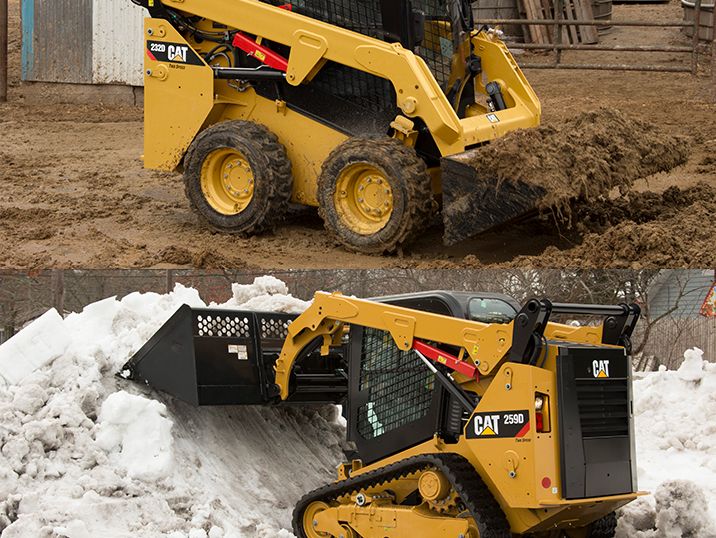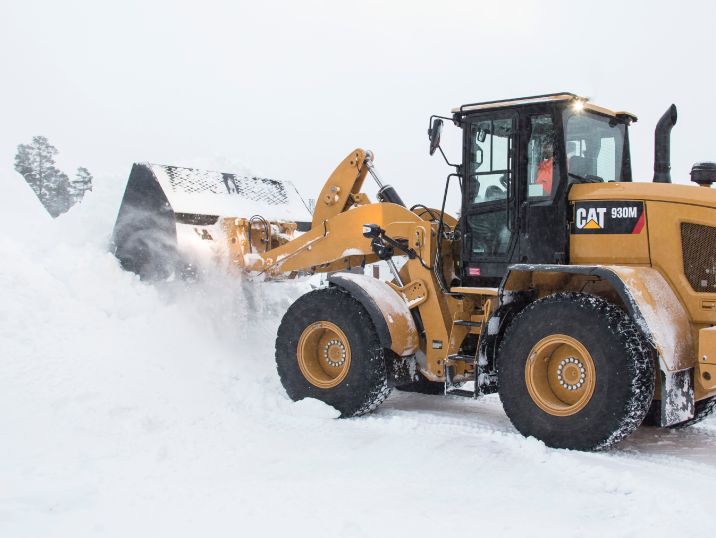

Sign In
Welcome! Sign In to personalize your Cat.com experience
If you already have an existing account with another Cat App, you can use the same account to sign in here
Register Now
One Account. All of Cat.
Your Caterpillar account is the single account you use to log in to select services and applications we offer. Shop for parts and machines online, manage your fleet, go mobile, and more.
Account Information
Site Settings
Security
Fluid Handling And Storage Tips
Tharen Peterson
Regardless of your industry, application, machine model or engine type, there’s one factor they all have in common — the need for proper fluid handling and storage. While not all fluids are the same, they should still be handled and stored in a manner that maintains the maximum level of cleanliness. Establishing a work environment that places emphasis on diligent fluid handling procedures can ultimately help improve machine performance, and reduce maintenance, owning and operating costs.
Premium fluids are manufactured to meet strict operating requirements and are designed to maximize machine performance. However, if these fluids are not handled and stored properly, many of the benefits from utilizing premium fluids can be minimized. Poor fluid handling and storage practices can compromise cleanliness, which may result in shortened component life and unscheduled downtime. They can also cause compliance issues with environmental regulations, which could lead to hefty fines if spills occur.
Organize Your Inventory
Fluid products can be purchased as smaller packaged quantities or bulk fluids. Your storage practices may vary slightly depending on the type of fluid products you’re handling, whether packaged or bulk quantities. However, many of the best practices are universal.
General guidelines for packaged products are as follows:
- Packaged fluids should be stored indoors with moderate temperatures.
- The containers should be stored away from airborne contaminants, heaters, steam lines and other heat-generating equipment.
- Store packaged fluids upright in their original containers.
- Tops of containers should be kept free of dust, dirt, moisture and debris.
Guidelines for bulk products include:
- Bulk tanks or drums should be properly designed and maintained to meet all regulatory requirements.
- All storage containers should be properly and clearly labeled to prevent the potential for cross-contamination.
- Outdoor storage should be avoided if possible, but if drums must be stored outside, they should be stored horizontally with spouts in the 9 and 3 o’clock positions. This minimizes moisture migration and keeps the seals submerged in the fluid, preventing them from drying out.
- If drums are stored upright, they should be covered to prevent water and debris build-up on the drum lid.
- All moisture, debris and sediment should be removed from bulk tanks before adding any fluid.
- Fluid stored in bulk tanks should be filtered before entering the tank, coming out the tank and at the dispensing unit.
- Moisture in fuel can cause damage to critical fuel system components. Therefore, when storing bulk fuel, water separators should be used to remove any water present in the fuel before transferring it to your machine tank.
Each fluid product has a recommended shelf life. You should follow proper inventory management processes, abiding to first-in first-out practices. Due to temperature fluctuations and other harmful effects of storing fluids outside, the shelf life of a fluid is dramatically decreased when it is stored outside.
Beyond handling and storage practices, fluid sampling services can be used to ensure you are getting optimized life and performance from your fluids. Sampling services can help track data over time to reveal trends, allowing you to make more informed decisions regarding your fluid maintenance program. Additionally, fluid sampling services can be used to determine if your fluid has been compromised due to improper or questionable storage practices.
For more information on fluid handling and storage best practices, contact your local Cat® dealer. Specific safety and handling procedures for Cat fluids can be found at www.catmsds.com.
RELATED ARTICLES
You’re here to get ideas to grow your business. Read on for machine insights and expert tips and tricks to get more out of every job.
-
On The Level: Snow and Ice Blog
Get key industry insights, tips and updates from Caterpillar product experts and industry professionals in our On The Level Snow and Ice Removal Blog.
Learn More -
Protect Your Machine from Rust Damage
Learn how rust damage prevention helps preserve your machine’s resale value and performance.
Learn More -
Winter Safety Tips
Winter weather only increases the danger of operating a machine. Follow these winter safety tips to stay safe and productive all winter long.
Learn More




